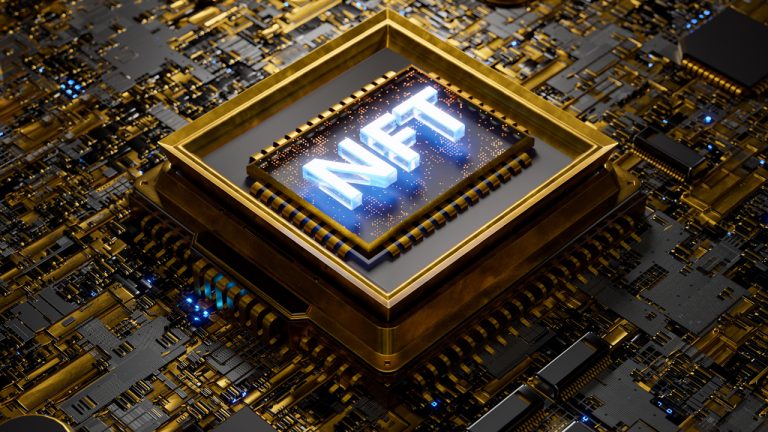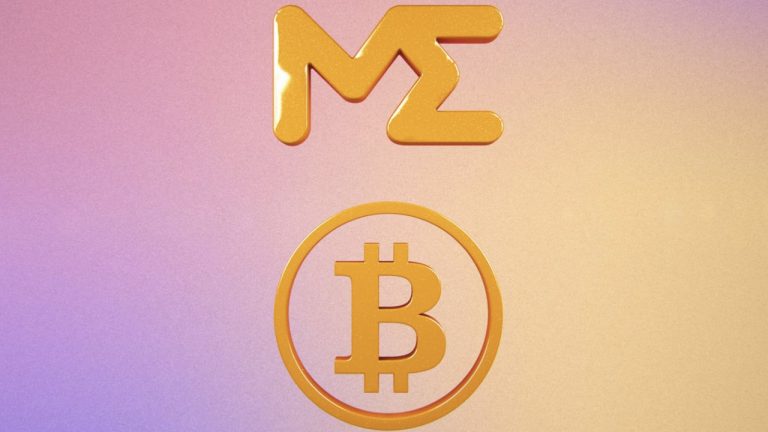
Buterin said Ethereum layer 2s have become “the ultimate playing field for action” from institutional profit-oriented groups and people buying pictures of monkey NFTs.
Ethereum layer-2s aren’t just about scaling — they’re also a rallying point for “subcultures” that grow the Ethereum ecosystem more than the single chain could do alone, says Vitalik Buterin, one of the creators of Ethereum.
In a May 29 blog post on Buterin’s self-hosted blog, the Ethereum co-founder examined the benefits of layer-2 blockchains outside of technical innovation, arguing that this layer also serves as a breeding ground for crypto subcultures.
One of these subcultures includes old-school “cypherpunks”—who build infrastructure and tools but are hands-off about how they are used, while the philanthropic “regens” are focused on providing the community with public goods.







